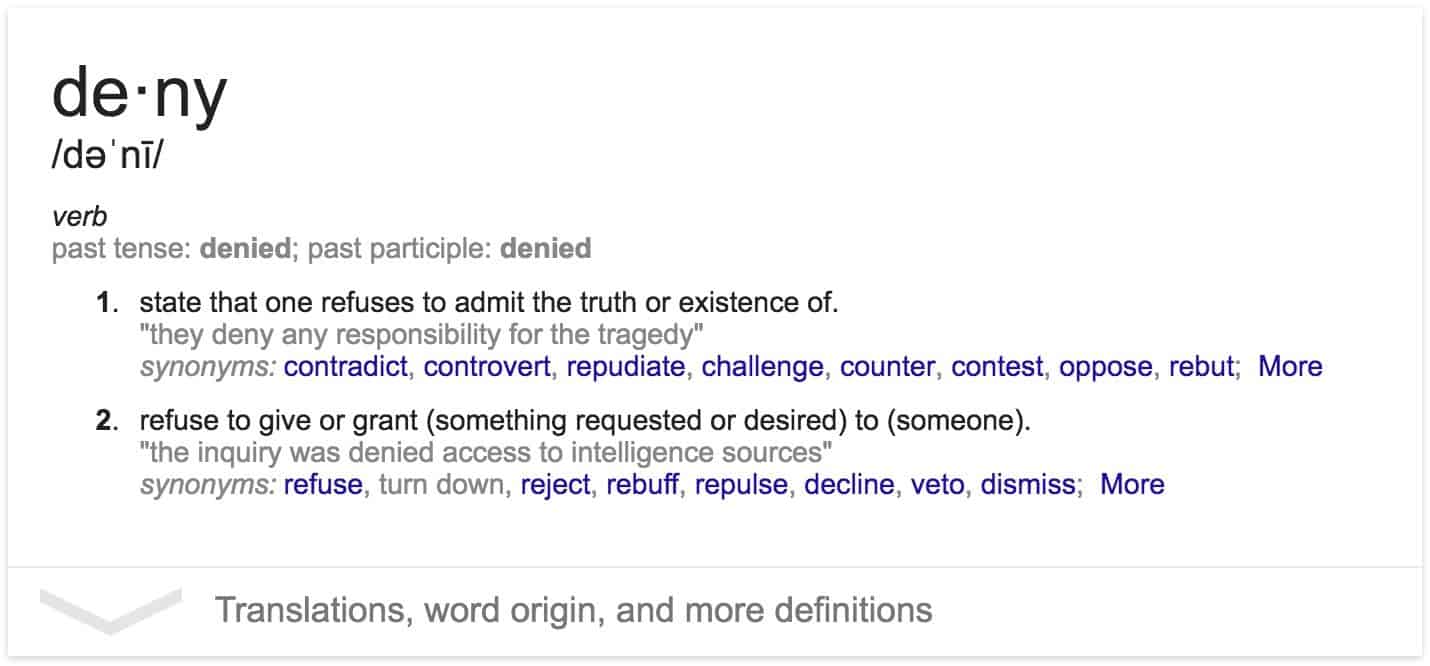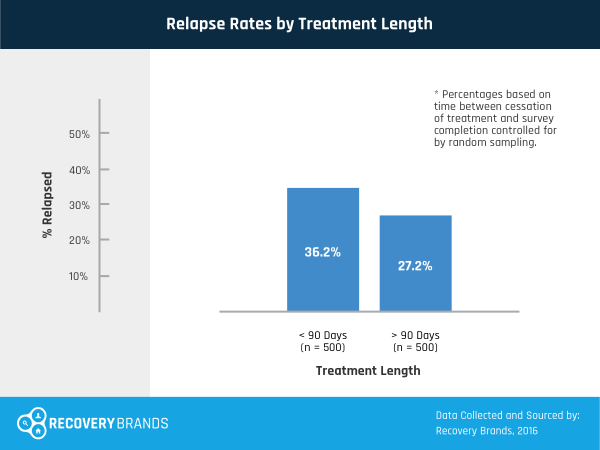As stated under Subsection 150. 01. a. iii. counseling practicum experience as opposed to job or internship experience will be monitored at a ratio of one (1) hour of supervision for every 10 (10) hours in the settings. For example: (3-29-12) An individual in a twenty (20) hour each week job/internship who is receiving one (1) hour of specific supervision each week would collect one thousand (1,000) monitored hours in fifty (50) weeks to equate to the twenty to one (20/1) ratio.
( 7-1-93) A person in a forty (40) hour weekly setting with 2 (2) hours of guidance each week would collect the one thousand (1,000) hours at the twenty to one (20/1) supervision ratio in twenty-five (25) weeks. (7-1-93) Until July 1, 2004, the supervision needs to be provided by an Expert Therapist or a Scientific Expert Therapist accredited by the state of IdahoSupervision by a professional therapy peer, nevertheless, may be acceptable to the Board if the peer/supervisory relationship include the very same controls and treatments anticipated in an internship setting.
02. a.) For example, the relationship ought to consist of the staffing of cases, the critiquing of therapy tapes and this supervision should be performed in an official, http://cruzqazf292.bravesites.com/entries/general/the-smart-trick-of-what-does-va-vocational-rehab-pay-for-that-nobody-is-talking-about professional, constant manner on a routinely arranged basis." Trainees are accountable for guaranteeing a site manager is registered with the IBOL prior to accepting a website for practicum or internship.
states and areas where licensure is meant to ensure that you have the most updated details about licensure requirements and confirm how an ISU program lines up with those requirements. Since requirements may change throughout the course of your program of study, we suggest that you inspect licensing agency requirements regularly to monitor whether any modifications may impact your licensure plans.
Trainees who are preparing to specialize as clinical rehabilitation counselors will show the professional knowledge and abilities needed to address a broad variety of Drug Rehab situations within the scientific rehab counseling context. Counselor education programs with a specialty location in clinical rehabilitation counseling should document where each of the lettered standards listed below is covered in the curriculum.
e., physical, spiritual, sexual, employment, social, relational, and leisure) transferable abilities, functional assessments, and work-related assistances for achieving and maintaining meaningful employment for people with disabilities role of household, social media networks, and community in the provision of services for and treatment of individuals with impairments ecological, attitudinal, and individual barriers for individuals with disabilities assistive innovation to Alcohol Rehab Center reduce or eliminate barriers and functional restrictions legislation and government policy appropriate to rehab counseling cultural aspects pertinent to rehabilitation therapy expert issues that affect rehabilitation therapists, consisting of independent service provider status, skilled witness status, forensic rehabilitation, and access to and practice benefits within managed care systems record keeping, 3rd party reimbursement, and other practice and management concerns in rehab counseling professional companies, preparation standards, and qualifications relevant to the practice of clinical rehab counseling legal and ethical factors to consider specific to scientific rehab counseling PRACTICE diagnostic interviews, psychological status assessments, sign stocks, psychoeducational and personality assessments, biopsychosocial histories, evaluations for treatment planning, and evaluations for assistive technology requires profession- and job-related evaluations, consisting of job analysis, work website modification, transferrable abilities analysis, task preparedness, and work hardening methods to advocate for individuals with disabilities strategies for interfacing with medical and allied health professionals, consisting of interdisciplinary treatment teams methods to seek advice from and educate employers, teachers, and households relating to accessibility, Americans with Disabilities Act compliance, and accommodations.
Rehabilitation therapy is an occupation that holistically uses therapy abilities to assist individuals with psychiatric, developmental, cognitive, emotional, or physical specials needs to accomplish their maximum level of self-reliance, integration, and participation in the neighborhood and the world of work in accordance with each individual's personal objectives, career aspirations, and perception of lifestyle.
Facts About What Is Rehab Counseling Revealed
Rehabilitation therapy includes getting rid of attitudinal and environmental barriers through the use of therapy technology, advocacy, and support. Mental health counselors offer a variety of services that address the psychological and psychological wellness of those they serve. The main goal of a psychological health therapist is to direct people toward reaching their mental health goals and keeping optimum levels of psychological health.
In all applications, psychological health counselors are committed to creating a safe, helpful environment for clients to share their thoughts and feelings honestly. According to the Bureau of Labor Stats, both rehab therapy and psychological health therapy have promising, faster-than-average job outlooks. The predicted percent modification in employment from 2016 to 2026 is 13% for rehabilitation counselors and 23% for mental health counselors.


For students who plan to pursue a profession in mental health counseling, the rehab curriculum introduces them to accessing community resources, supplying employment guidance, and adopting a holistic view of their customers' lives. For those who intend to work in rehabilitation therapy, the psychological health part of the program teaches techniques that will enable them to build effective restorative relationships and connect mentally with their clients.
There are no particular requirement courses or requirements for the program (why did selena go to rehab). People who pursue therapy professions normally have an aptitude towards helping others and possess an awareness of the experiences that individuals with disabilities face. They are committed to producing chances for people with disabilities to enhance operating and pursue goals for work and adult life in the community.
Successful prospects have the ability to utilize knowledge to create chances for people with impairments; are non-judgmental and understanding, and hold to ethical ideals that accommodate specific needs. Being self-aware, organized and a tough worker are likewise valuable attributes. The typical size of an incoming class is 25 trainees. There are 5 permanent professors and six accessory faculty.
A big component of the program centers around informing customers about maintaining a healthy life, so the exact same frame of mind is reached students. Courses consist of different components consisting of substantial projects, immersive experiences, literature reviews, collaborative tasks, interprofessional experiences, and, of course, exams. All elements of the curriculum are purposefully integrated to teach particular abilities as designated by CORE and CACREP.
Yes, the internship consists of a full-time, 40 hours-per-week placement at a clinical site that matches the trainee's interests throughout the spring semester of the 2nd year. In addition, students are participated in a practicum during the fall semester of their 2nd year in which they work 8 to 10 hours each week at a designated therapy site as an introduction to real-world therapy experience.
The Basic Principles Of How To Rehab A Pulled Hamstring
The successful conclusion and defense of a master's thesis, paper, or task is needed as partial satisfaction of the requirements for graduation. The master's thesis is a thorough research study task. If a trainee chooses to finish a master's thesis, they are needed to abide by the Graduate School thesis requirements, timelines, and guidelines.
The master's paper is an in-depth analysis or extensive evaluation of the literature to address specific research study concerns. The master's paper option does not require the trainee to perform their own research study. The master's job is a chance for students to create an item that might be used in the genuine world (such as a new treatment handbook or intervention plan).